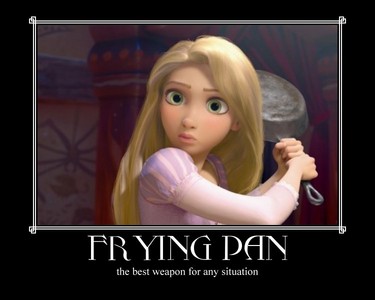I was searching for a cast iron skillet to buy as i have never had one in my life, and after some research , all i read about them was super positive things .Health benefits from the iron of the skillet , no bad substances that non stick skillets have and how easy to cook on them .
But today i bumped into that article that got me thinking : Think Cast Iron Pans are Safe? Why You May Want to Reconsider I dont know if they exaggerate or not , but i am now really skeptical and kind of afraid to buy one . I just started cooking seriously at home and i wanted something that the actual chefs use. Whats your opinion about cast iron cookware?
P.S i have no connection with the website
P.S 2: check also this : The Health Hazards of Cast Iron Pans | The Healthy Home Economist
But today i bumped into that article that got me thinking : Think Cast Iron Pans are Safe? Why You May Want to Reconsider I dont know if they exaggerate or not , but i am now really skeptical and kind of afraid to buy one . I just started cooking seriously at home and i wanted something that the actual chefs use. Whats your opinion about cast iron cookware?
P.S i have no connection with the website
P.S 2: check also this : The Health Hazards of Cast Iron Pans | The Healthy Home Economist

 ) have even left them sitting on the stove, with no heat, and with some acidic food in them, and had no iron flavor in the food, or in the empty pan, no rust, and with the empty pan, they've even sat in water for a few days with no corrosion evident.
) have even left them sitting on the stove, with no heat, and with some acidic food in them, and had no iron flavor in the food, or in the empty pan, no rust, and with the empty pan, they've even sat in water for a few days with no corrosion evident.
 I only hope I live as long as they did.
I only hope I live as long as they did.

